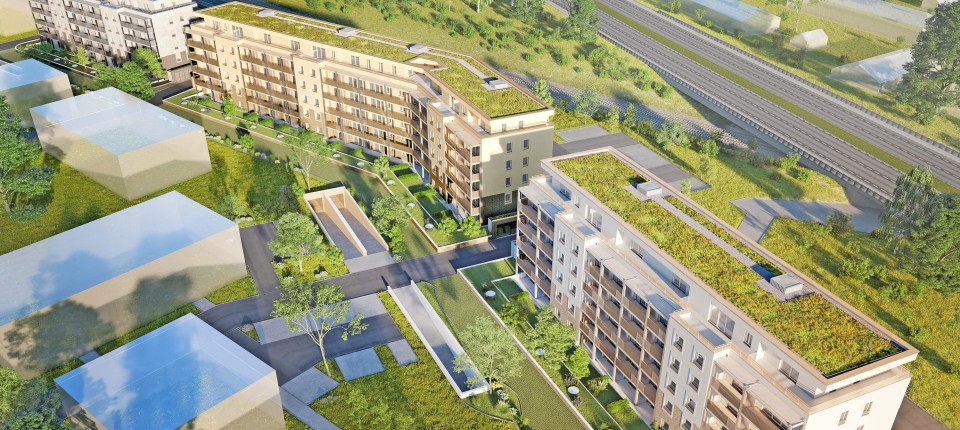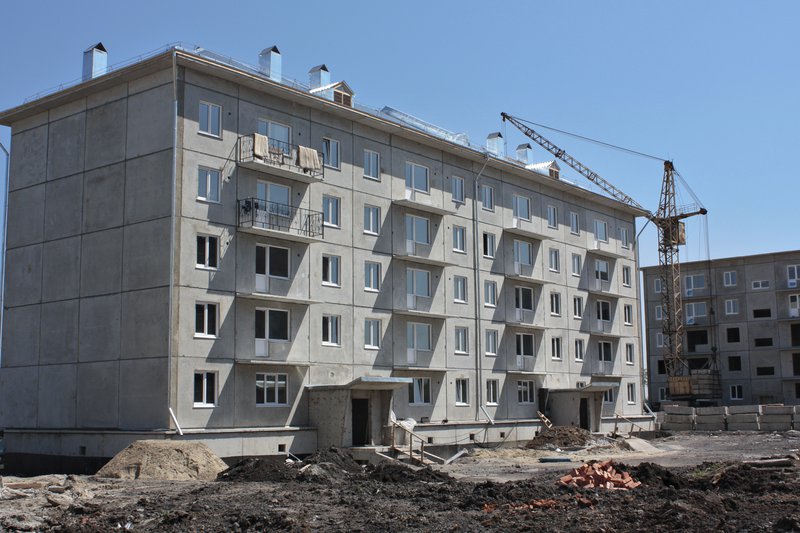More Social Housing for the First Time in Years

Thousands of Wiesbaden residents are indeed entitled to social housing, but cannot move into one because there simply aren’t enough subsidized apartments. In recent years, its population has been steadily decreasing, but at least this year a trend reversal can be achieved in the state capital. Contrary to the long-term trend, for the first time there will be more social housing in Wiesbaden, said Christophe Mangura (SPD), head of the Social Affairs Department, by the end of 2023. GWW and GWG housing to build only social housing in the future. But one thing is also certain: the glaring shortage of social housing persists.
“The proportion of subsidized housing has drastically decreased over the last 20 to 30 years,” explained the head of social affairs, adding: “We have stopped this dramatic decline.” In this context, remembering policy decisions that require a higher percentage. Social housing in financial support for the construction of new housing. Currently, municipal companies are required to build 40% of subsidized apartments in new buildings.
According to the city’s statistical yearbook, the stock of subsidized apartments in Wiesbaden has decreased to 8,561 units as of December 31, 2021. This represents 5.9% of all apartments. In 2017, there were still 10,140 social rental apartments, representing 7.2% of the city. Official numbers are not yet available for 2022, but, according to Mangura, the number of social housing will increase this year.
Invest in Social Housing
In 2023, a total of around 300 bond-secured apartments will be taken off the bond. At the same time, Mangura assumes that 460 publicly funded apartments will be completed in Wiesbaden this year. A good part of this, around 260 units, will be accounted for by GWW. The urban development company SEG will contribute with around 150 apartments.
Another 26 customer-supported private apartments are being built in Helling Höfe, and the Nassauische Heimstätte is building 17 social apartments in Erbenheim Süd. “Despite some insurmountable problems during construction, I can say with a clear conscience that by the end of 2023 there will be more apartments financed with public funds than at the beginning of the year”, said the head of Social Affairs.
However, new residential construction is in steep decline due to rising interest rates, inflation, rising building prices and continued supply chain disruptions. Thus, it is likely that the number of social housing units will fall again in the coming years. Roland Stöcklin, one of SEG’s managing directors, warned during the installation ceremony of a wooden hybrid residential tower in the Kastel district of Wiesbaden at the end of last year that new residential buildings would collapse. In this context, Wiesbaden property developer Maximilian Seil, managing director of Frankfurter Seil Real Estate GmbH, calls on municipal housing associations to build more social housing.
Seal asked in an interview with F.A.Z. Proposes increased funding from state and local authorities in order to put GWW in a financial position to build more social housing. In this context, Seal criticized the fact that GWW and GWG had to pay part of their profits to the Wiesbaden city budget.
“We have to ensure that the municipal budget can equip the GWW so that the community only focuses on building social housing,” he said, adding: “We don’t need a municipal housing association to build and sell housing units. that with that statement he was drawing criticism that he wanted to force Urban’s competitors out of the lucrative condo market, the 32-year-old replied, “I’m ready for it.”
Social mix of Residential Areas
Mangura rejected Seal’s claim, warning that housing that would provide 100 percent subsidized housing is impractical. However, he acknowledged that around 40 percent of Wiesbaden families who are entitled to social housing could be “much better served” if the city could provide more such apartments. According to Manjora, projects already exist, for example in the Linde area or in Aukamm, where GWW takes over the construction of fully subsidized apartments.
In Linde, there are approximately 200 apartments, around 95 percent of which are publicly funded. However, this quarter, around 600 condominiums are planned, which the developer Buecher is building. “The houses where the subsidized apartments will be independent”, explained Mangura, adding: “You can do that, but for rent it will still be a challenge”. interested in per

